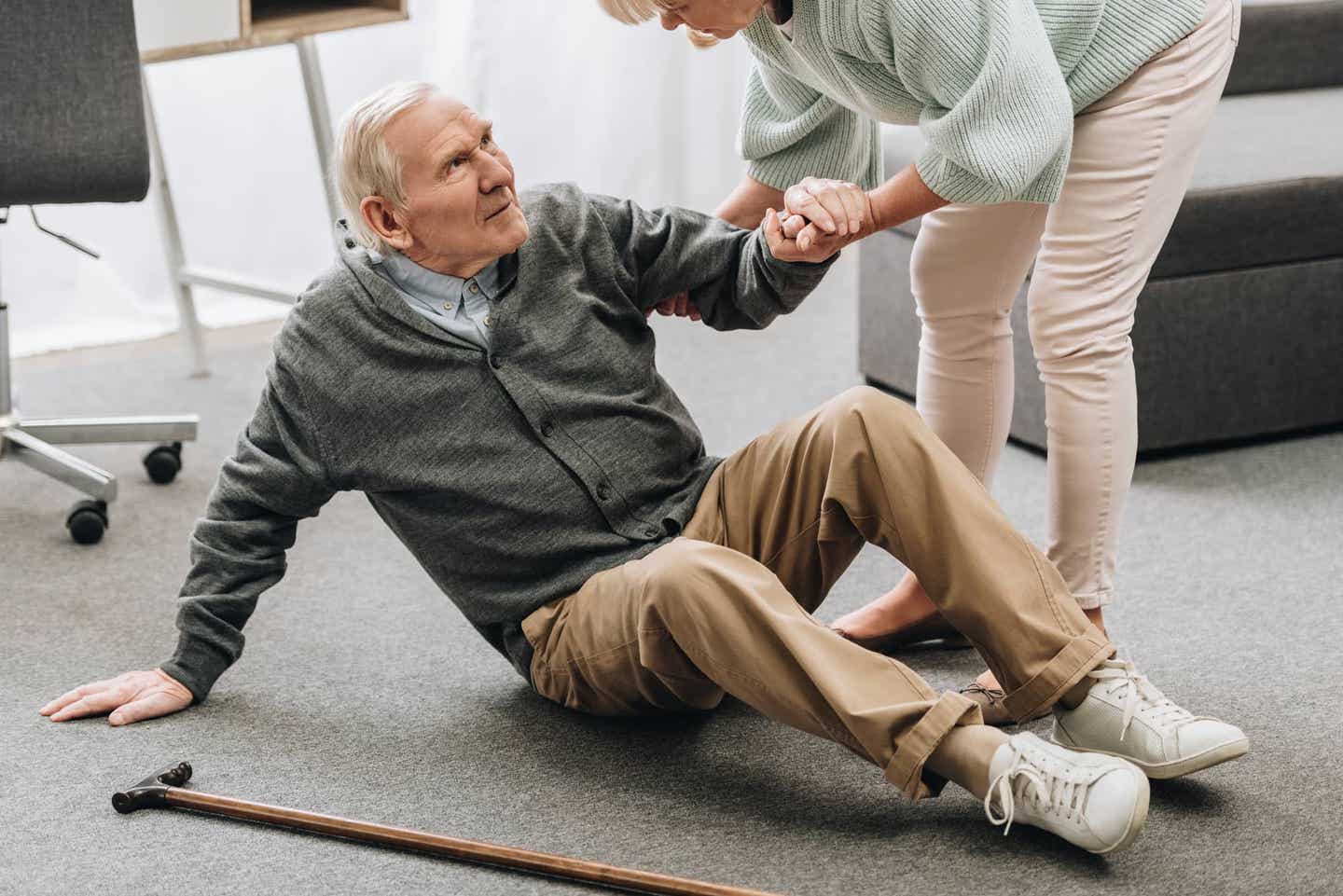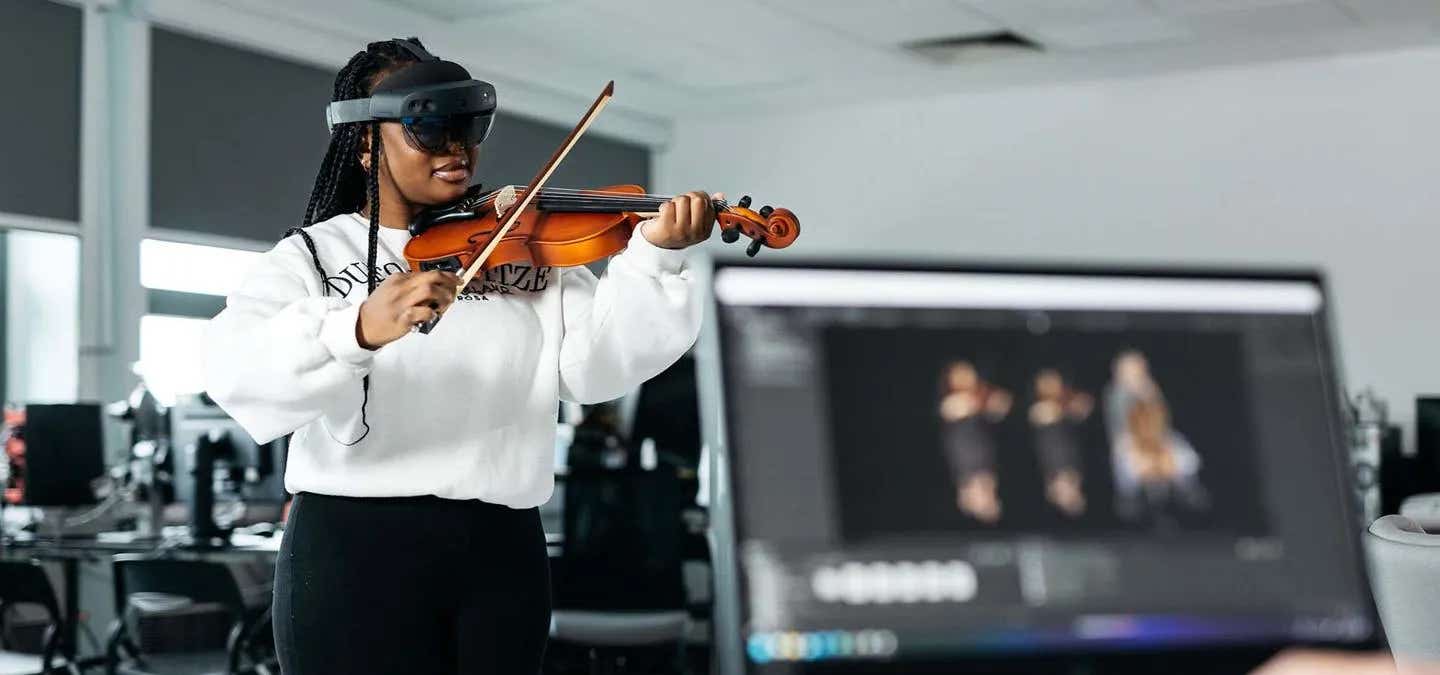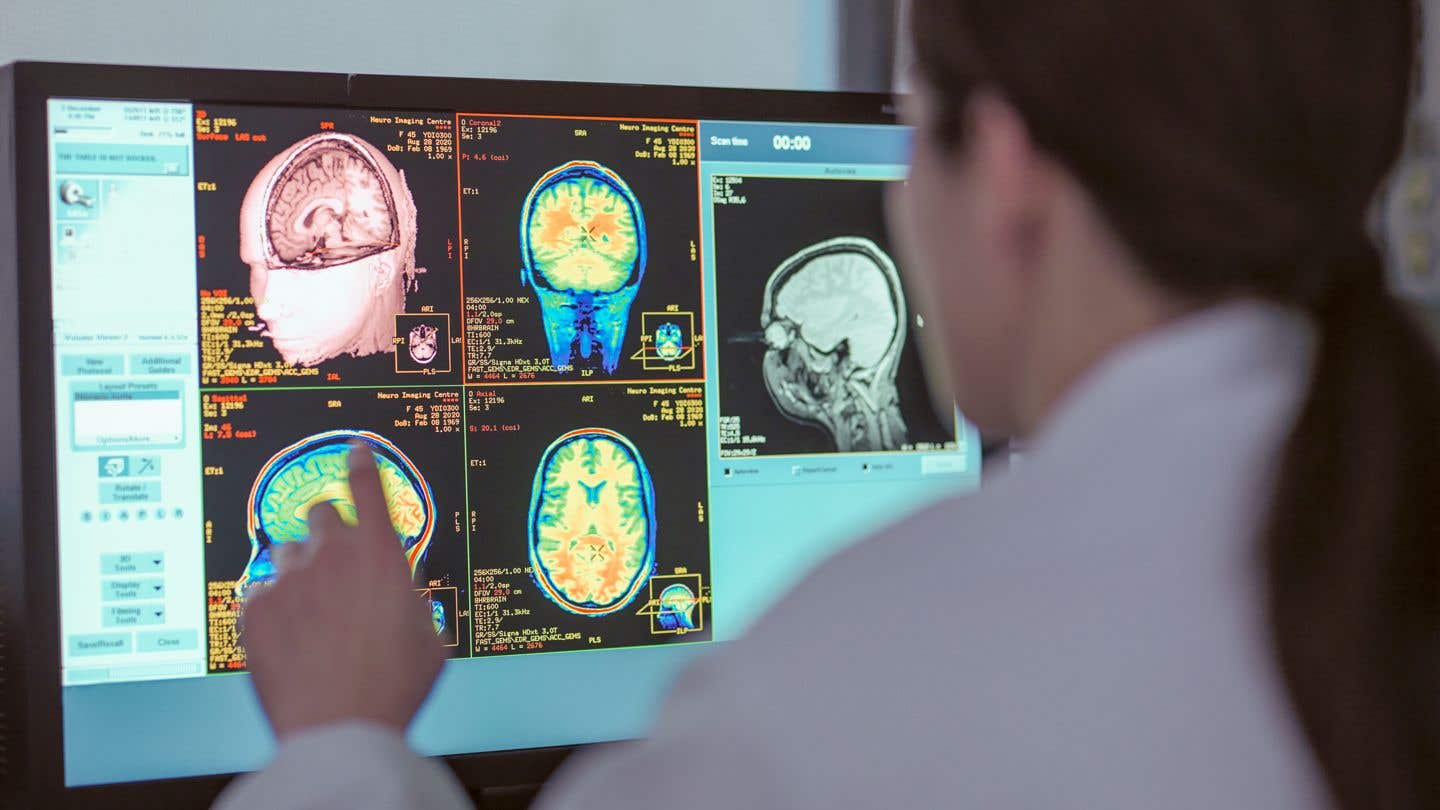Falling down can significantly increase risk for dementia, study finds
Falls are common among older adults, but they could be more than accidents—they might signal cognitive decline according to a new study

Falls in Older Adults: A Warning Sign of Dementia. (CREDIT: CC BY-SA 3.0)
Falls among older adults may be more than a simple accident—they could be an early warning sign of something more serious, like cognitive decline. New research from Brigham and Women's Hospital suggests a strong link between falls in older adults and the onset of Alzheimer’s disease or related dementias.
The study, recently published in JAMA Network Open, underscores the importance of screening for cognitive issues in older adults who experience traumatic falls.
According to the Centers for Disease Control and Prevention (CDC), more than 14 million older adults report a fall each year. Falls are the leading cause of injuries in this age group, resulting in over $50 billion annually in healthcare costs. The consequences can be severe: loss of independence, permanent physical impairments, or even death.
Yet, many of these incidents might also be signaling deeper health issues, particularly related to cognitive decline. The study from Brigham researchers highlights the need to treat falls not only as physical injuries but also as potential indicators of a cognitive health crisis.
Dr. Alexander Ordoobadi, a resident physician in the Department of Surgery at Brigham and Women’s Hospital and first author of the study, shared his perspective: "I often see patients admitted after falls, which are among the most common reasons for trauma center admissions and can lead to severe injuries.
This raises an important question: Why are these falls happening in the first place?" Ordoobadi pointed out that the healthcare system treats injuries and provides rehabilitation but often overlooks the underlying factors contributing to falls. His research aimed to examine these risk factors, particularly cognitive decline, which has shown a strong connection to fall incidents.
The researchers used Medicare Fee-For-Service data from 2014 to 2015, analyzing records of 2.45 million older adults who experienced traumatic injuries. Half of these injuries were due to falls, and those individuals were significantly more likely to receive a diagnosis of dementia within a year following their fall.
Related Stories
This suggests that cognitive decline may already be underway for many older adults even before their initial fall, but the trauma of a fall accelerates the process, making a diagnosis more likely.
Dr. Molly Jarman, senior author of the study and deputy director of the Center for Surgery and Public Health at Brigham and Women’s Hospital, explained the findings further: "The relationship between falls and dementia appears to be a two-way street. Cognitive decline can increase the likelihood of falls, but trauma from those falls may also accelerate dementia's progression and make a diagnosis more likely down the line. Thus, falls may be able to act as precursor events that can help us identify people who need further cognitive screening."
This two-way relationship between falls and cognitive decline raises a crucial point: fall injuries may not only be a consequence of cognitive decline, but they could also accelerate its progression. Identifying falls as a marker for dementia could significantly improve early diagnosis, allowing for earlier intervention in patients’ cognitive health.
Currently, fall prevention programs focus on reducing physical risks, such as maintaining balance and physical strength. However, cognitive health is largely absent from these guidelines. The Brigham researchers argue for a change in these practices, suggesting that cognitive screenings should be standard for older adults following a fall that results in an emergency room visit or hospital admission. Early detection of dementia could help improve the management of the condition, giving patients and their families more options for care.
However, this type of screening is not without challenges. Dr. Ordoobadi noted, "One of the biggest challenges we face is the lack of ownership in the process of follow-up screening for cognitive impairment, because there may not be adequate time for these screenings in an emergency department or trauma center setting."
Many older adults lack access to regular primary care or geriatric specialists who could provide ongoing assessment and management of their cognitive health. The current healthcare system, particularly in the emergency setting, is often ill-equipped to address these broader concerns.
This gap in care points to the urgent need for more geriatric-focused clinicians who can follow up with patients after fall incidents, ensuring that cognitive assessments become a regular part of post-injury care. The study underscores the importance of comprehensive care, which not only treats the physical injury but also considers the long-term effects on cognitive health.
Dr. Jarman emphasized the broader implications of the study: "Our study highlights the opportunity to intervene early and the need for more clinicians who can provide comprehensive care for older adults. If we can establish that falls serve as early indicators of dementia, we could identify other precursors and early events that we could intervene on, which would significantly improve our approach to managing cognitive health in older adults."
The insights from this research present an opportunity to rethink how falls in older adults are managed. Rather than merely addressing the immediate physical injuries, these incidents should serve as a call to action for healthcare professionals to evaluate underlying cognitive health. If fall incidents can be identified as early indicators of dementia, the path toward better outcomes in cognitive health becomes clearer.
With comprehensive follow-up care and improved access to screenings, the healthcare system can better serve older adults, ensuring both their physical and mental well-being are prioritized.
Note: Materials provided above by The Brighter Side of News. Content may be edited for style and length.
Like these kind of feel good stories? Get The Brighter Side of News' newsletter.
Rebecca Shavit
Science & Technology Journalist | Innovation Storyteller
Based in Los Angeles, Rebecca Shavit is a dedicated science and technology journalist who writes for The Brighter Side of News, an online publication committed to highlighting positive and transformative stories from around the world. With a passion for uncovering groundbreaking discoveries and innovations, she brings to light the scientific advancements shaping a better future. Her reporting spans a wide range of topics, from cutting-edge medical breakthroughs and artificial intelligence to green technology and space exploration. With a keen ability to translate complex concepts into engaging and accessible stories, she makes science and innovation relatable to a broad audience.



